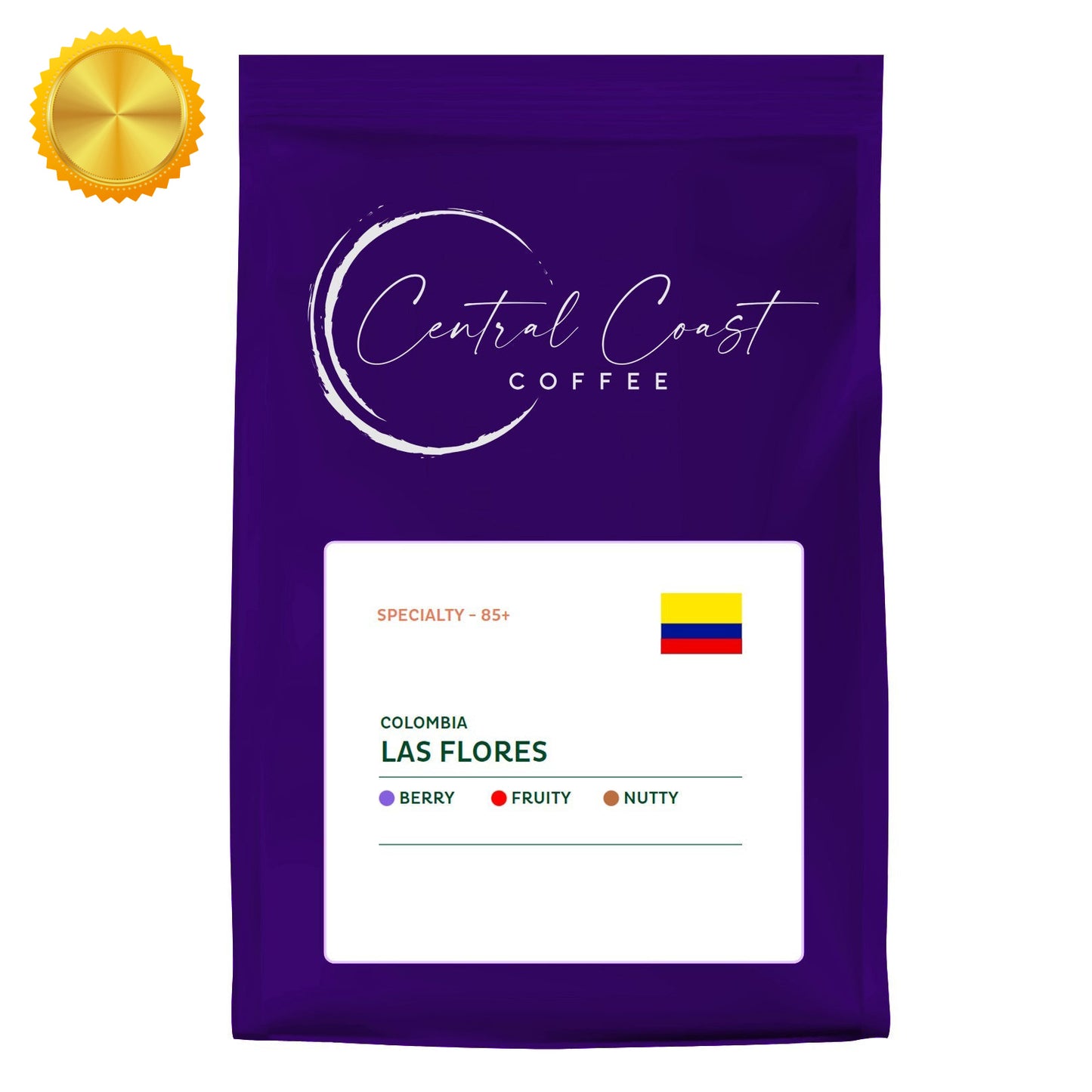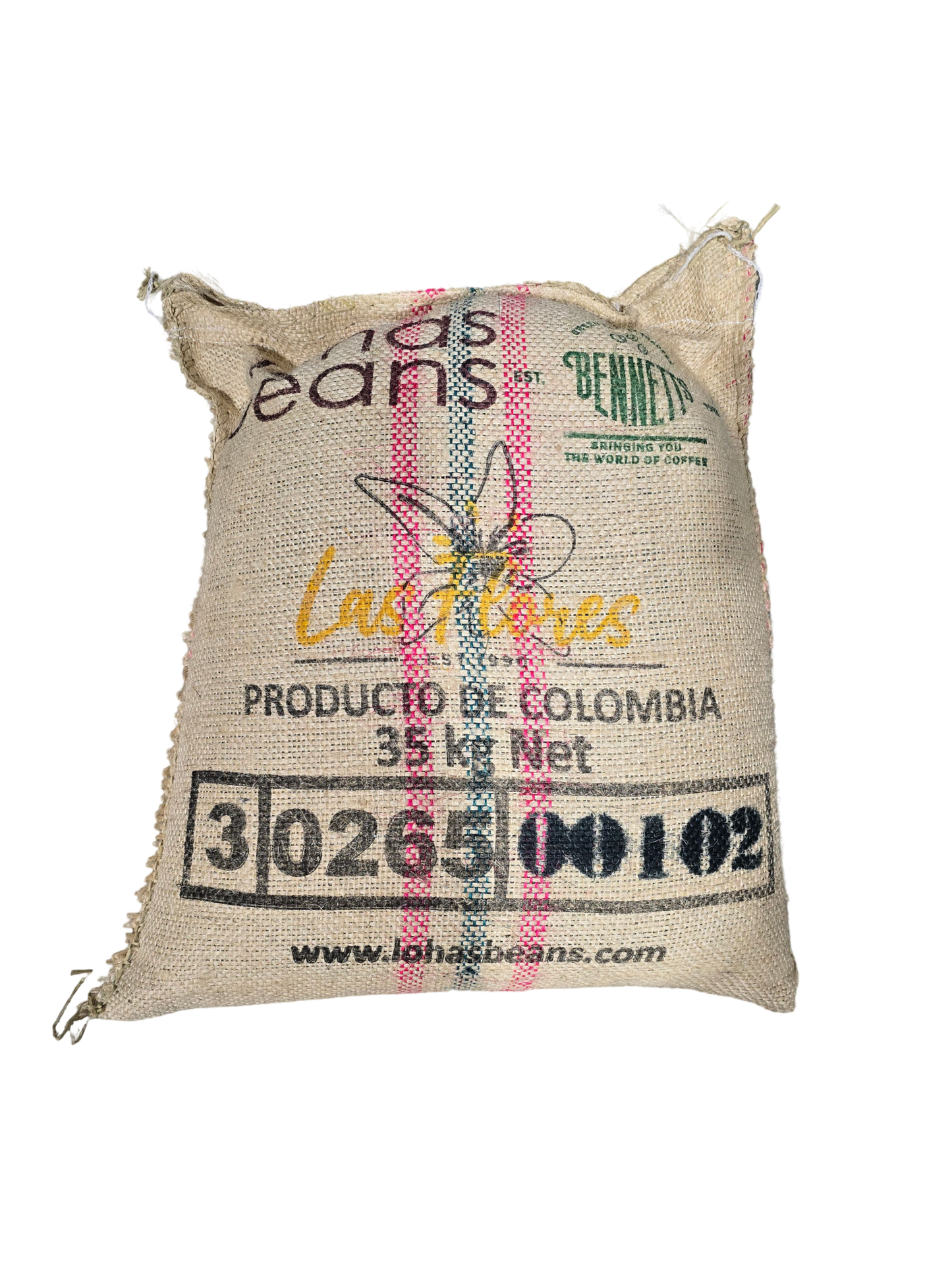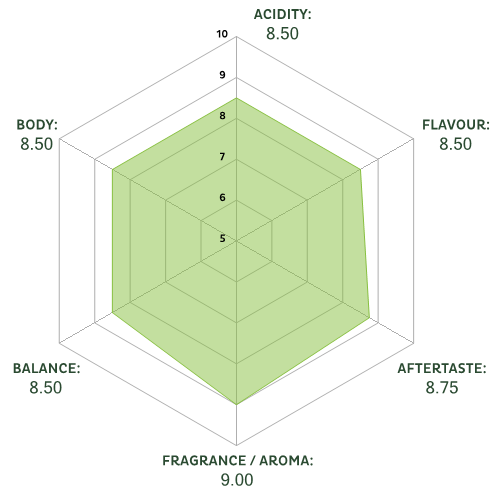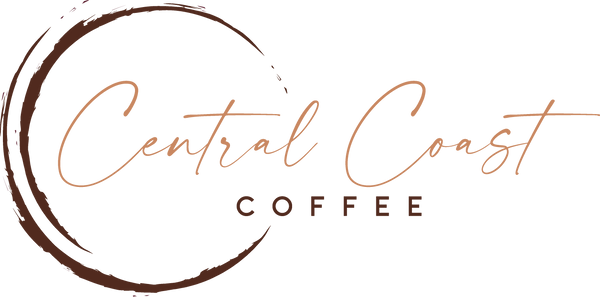


This coffee’s roasted in our filter style — meaning it’s designed to shine as black coffee rather than with milk. That doesn’t mean you have to brew it as a pour-over though. You can make it however you like — espresso, moka pot, AeroPress or anything in between. We simply roast it a little lighter to highlight the bean’s origin flavours giving you a cup that’s clean, vibrant and full of clarity.
Lighter roasting keeps more of the natural acidity and sweetness intact which makes for a beautifully expressive black coffee. This coffee is best enjoyed without milk as it’s too acidic and the flavours don’t pair well once milk is added.
If you prefer your milk coffee with richer caramel, toffee or nutty flavours you might enjoy our espresso range more. Those roasts are taken a little darker to bring out deeper sweetness and balance beautifully with milk.
Origin and Sourcing
?
?
?
Other soils provide unique advantages, often blended for optimal results. Clay retains moisture well, supporting hydration in dry areas and earthy flavors when drained to avoid root issues. Loamy soils balance sand, silt, and clay for excellent fertility and drainage, fostering healthy roots and smooth, sweet cups—commonly paired with volcanic ash, as in "Soil Characteristics: Volcanic Ash, Clay Loam." Sandy soils drain quickly but need extra nutrients to prevent drought, producing lighter, crisp coffees.
Laterite, iron-rich tropical soils, require management for their nutrient gaps but yield bold, spicy profiles. By selecting or combining these—from mineral-packed volcanic types to versatile loamy blends—growers minimize erosion, boost plant vigor, and craft distinctive terroir-driven flavors.
?
Roast Details
?
?
?
?
?
?
?
Taste Profile
?
?
Colombia | Las Flores | Chiroso Natural | Signature Series - When is peak freshness?
Light Roast - Roasted on Roest L100 Ultra
Growing Temperatures: 18-28 degrees
30% - 17
28% - 15
This lot's process begins with hand-picked mature cherries that are washed, floated, and oxidized for 48 hours. The cherries are then placed in tanks submerged in water, and the temperature is raised from 15°C to 50°C. An anaerobic fermentation phase starts in hermetically sealed containers with yeast added to modulate the profile through the alcoholic metabolism of microorganisms for 48 hours. Drying begins with a fast process to fix flavours and then slowly preserve the physical integrity of the seed. This process includes mechanical drying for 24 hours and then a solar patio for two weeks. The cherries are stabilized for four weeks in closed plastic bags.
About Las Flores
The Las Flores Farm is located in the Huila Region of Colombia at 1730 masl. Spanning over 14 hectares, the farm produces two crops coffee pear season – the main crop is harvested from February to March, and the mid-crop from September to October.
Begun in 1990 by the matriarch of the Vergara family, who was dedicated to raising 18,000 coffee trees. Each year the family continued to plant more
seedlings until they reached 90,000 coffee trees.
In 2006 Las Flores participated in the Cup of Excellence. From that moment the family began their journey into the world of specialty and
differentiated coffees. Dedicated to several years of testing, learning and a lot of experience, the family took time to identify what profiles their
coffees had and how they could be improved agronomically and in the cup.
Now three generations on, owner Edilberto Vergara with the help of his son Johan, has begun to adjust production and improve the post-harvest processes. Today they propagate varieties such as: Pink Bourbon, Tabi, Java, Maracaturra. In addition, they have implemented fermentation processes in exotic varieties such as Wush Wush and Bourbon Sidra.
All the coffee at Las Flores is handpicked and naturally dried to ensure consistency in quality. Different fermentation techniques such as oxidation
followed by anaerobic process and fermentation in bags is used to create unique flavour profiles.
About Chiroso VARIETAL
Chiroso is a mutation of an Ethiopian Landrace found initially in Colombia in the province of Antioquia (Urrao). It is a rare variety to find, which stands out both in the appearance of elongated beans and its sensory traits.
This long bean variety was discovered growing in the area surrounding the small town of Urrao, and initially cultivated by the coffee farmer, Jose Arcadio Caro, who was Pergamino’s first allied producer in the region.
Originally cultivated for its resilience and high productivity in the cool climate and high elevations of the area, it is now being celebrated for its complex and floral cup profile.
Coffee in Colombia
Colombia has been producing and exporting coffee renowned for their full body, bright acidity and rich aftertaste, since the early 19th century.
Colombia boasts a wide range of climates and geographic conditions that, in turn, produce their own unique flavors in coffee. This also means that harvest times can vary quite a bit. In fact, between all its different regions, Colombia produces fresh crop nearly all year round.
The increasing focus on the specialty industry is changing the way traders and farmers do business. It is becoming more common for farmers to isolate the highest quality beans in their lots to market separately. These higher-quality lots are often sold under specific brands or stories.
Besides its wide variety of cup profiles, Colombia has quickly expanded its certification options over the past 10 years. The most common certifications available are Fairtrade, Rainforest Alliance, UTZ and Organic.
SKU: colombia_las_flores_chiroso_160g
Package Weight: 250g



